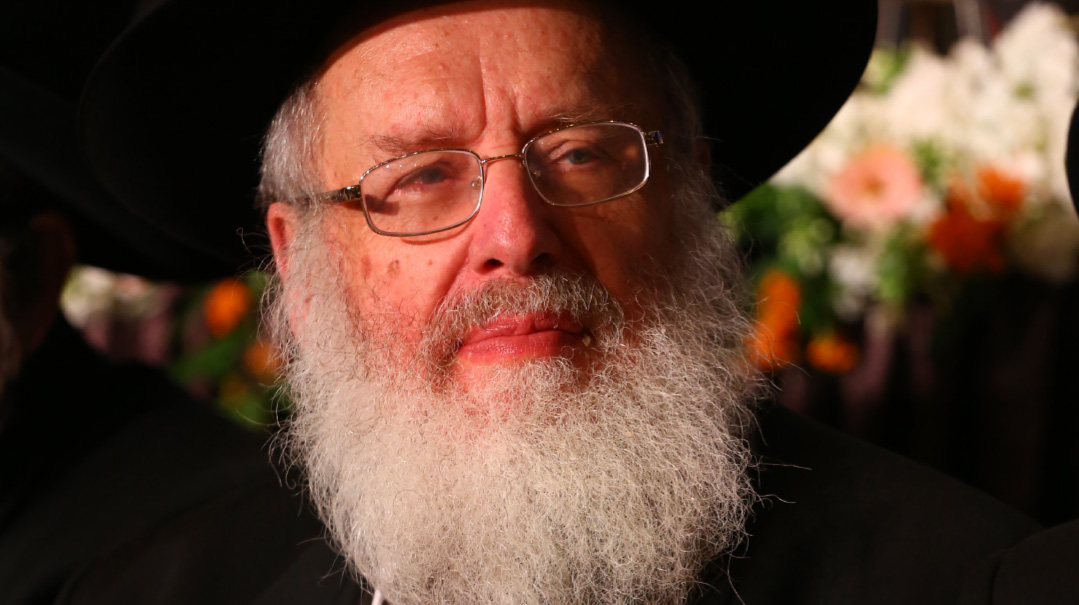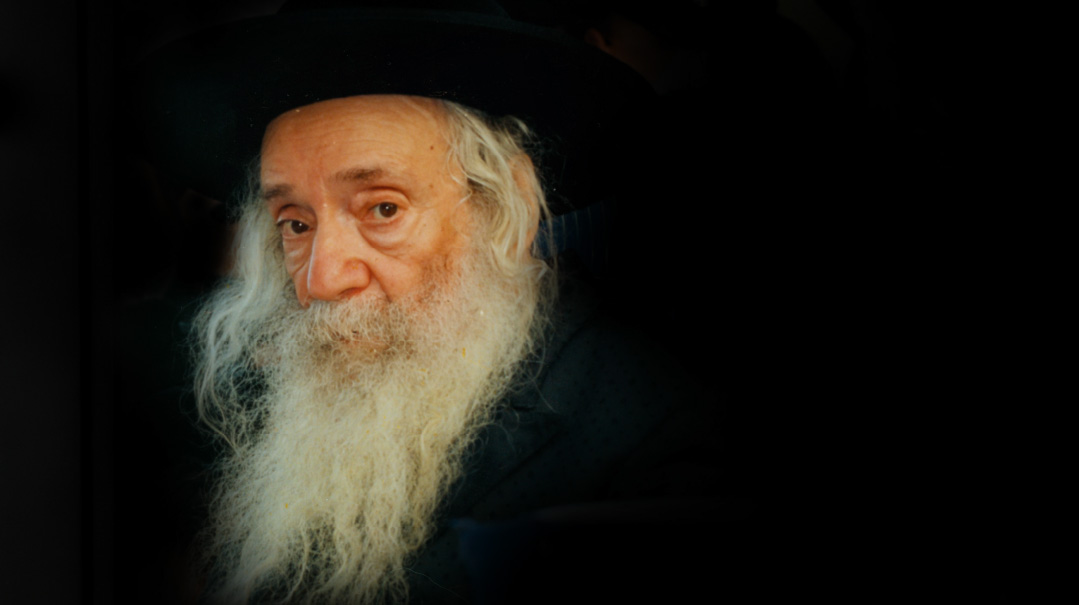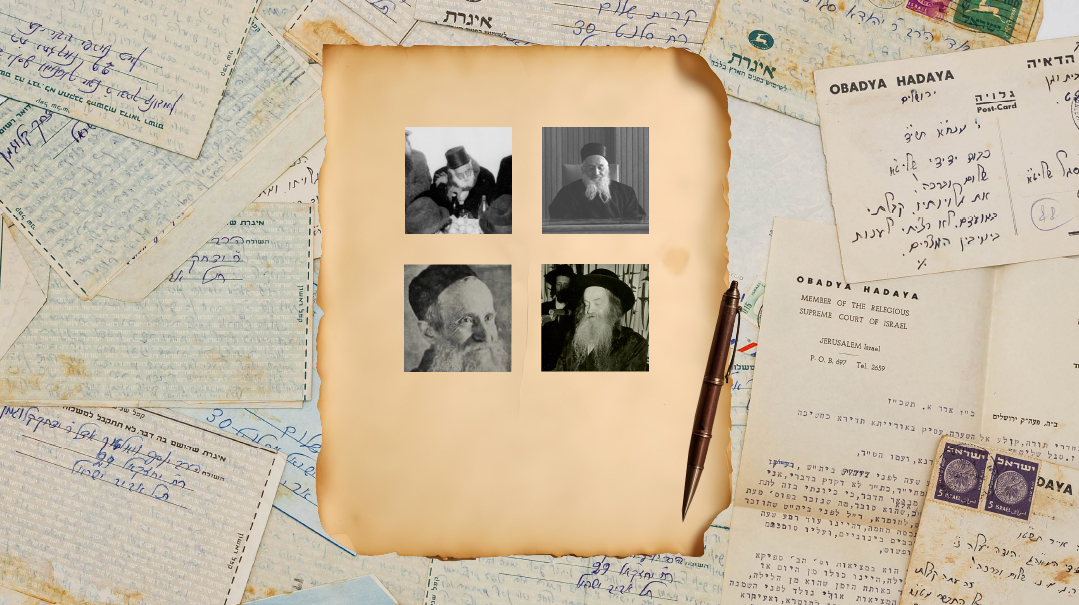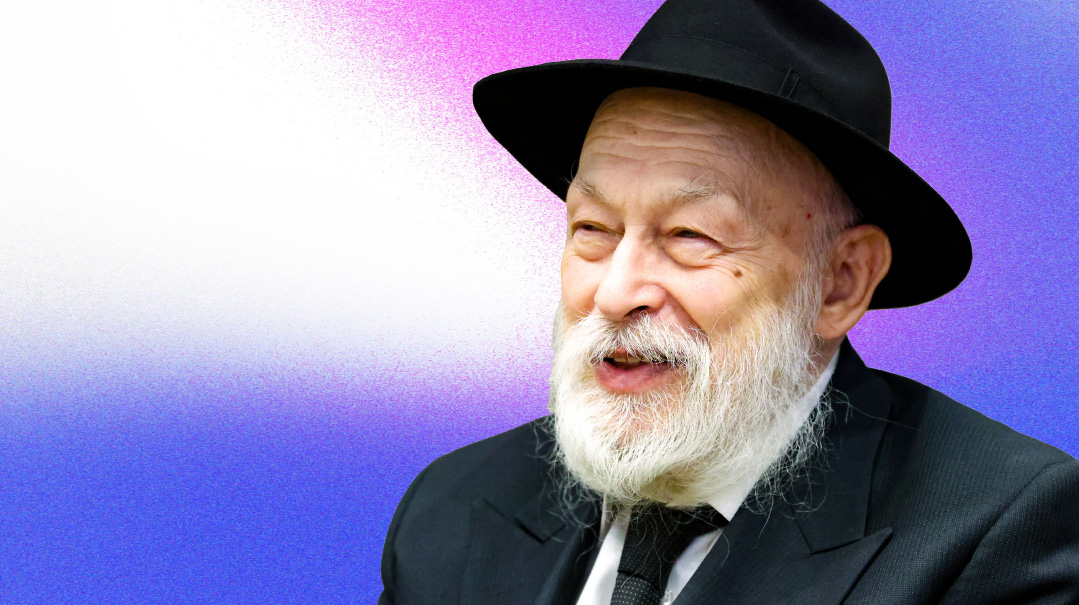Linked for a Lifetime


50-YEAR CONVERSATION As the decades pass these women still see eye-to-eye on many topics and use each other as sounding boards sharing the ups and downs of their midlife years. “We can go six months without talking but when we pick up the phone it’s like we start right where we left off before ” says Mimi. “It’s a nearly 50-year conversation. Libby’s husband says when she laughs in a certain way he knows she’s talking to me.”
M ention the word friendship to Miriam Zakon longtime writer and editor in the world of frum literature and she immediately brings up her 50-year friendship with well-known novelist story writer and serial author Libby Lazewnik. Mimi and Libby go back to first or second grade — they have a longstanding argument about when they first met.
But there’s no doubt that their camaraderie solidified in sixth grade when the threesome — which included Mimi’s twin sister Emmy — would go together to the library each week and check out stacks of books. “Books are what brought us together” Mimi says. “Libby was short and Emmy and I were tall and gangly so when we’d walk together she’d tell us to scrunch!”
Talk to Libby and she’ll share her own memories of this glorious period of her life. “I don’t recall ever formally getting to know Mimi and Emmy” she says. “They were sort of always there bright as tacks hysterically funny and generally a pleasure to be around. Starting in sixth grade we would walk home from school together talking nonstop. All of us being blessed with overactive imaginations we used to pretend that we were being spied upon by various trucks we passed. Our after-school trips to the library on Fridays were a weekly highlight.”
“We used to go to Libby’s house for pancakes every Sunday morning on the way to school” Mimi picks up the thread. “I have this silly smile on my face every time I think about it.”
Schoolgirl Memories
Many women drift apart from their grade school besties as they get older and the demands of adulthood and parenthood take over their lives. But in rare lucky cases those bonds formed in childhood continue to strengthen as women share the trials and tribulations of daily life over the decades. Like Mimi and Libby Batya and Esther — both educators mothers and grandmothers whose husbands are in klei kodesh — also bonded over their school experiences. “Because we both took special accelerated classes that the rest of the class didn’t take the two of us became a unit ” Batya explains. “I remember having a friendly competition over who got the highest grades. Esther always got about six points higher than I did!”
“What solidified it into a friendship was the camaraderie of being on the same strange schedule” Esther adds. She recalls slaving over her notes taking down each word meticulously while Batya sat beside her barely recording a thing yet still acing all her tests. “But she was always so giving sharing everything she had so I wanted to become that way too.”
High school and seminary likewise play a large role in forging friendships. Rochel today a vice principal and mother and grandmother of a large brood recalls meeting her friend Mindy at a “welcome to your new school” event before the start of ninth grade. Interestingly Mindy was also a twin like Mimi and Emmy and she and her sister instantly accepted Rochel into their inner circle. “We were like triplets ” Rochel recalls. The threesome attended high school seminary and college together along with several others all of whom remain close until today.
While Mimi and Libby connected professionally as well as personally other young mothers bond over the challenges of raising children and developing mutual interests into adulthood. “Although I married a few years before Rochel did she was a very loyal friend and used to come visit” Mindy says. “When she got married and started having kids we had a lot in common again. We never lived near each other but we had a very strong phone connection since we were going through a lot of the same things.”
“Mindy was my friend who listened to all my day-to-day issues” Rochel notes. “I’d speak to her three to four times a week.” Although both women stayed close to their chevrah from high school meeting up at bungalow colonies and bar mitzvahs Mindy is the friend that Rochel’s stayed the closest to. “She’s like a sister to me ” she says. “I tell her almost everything going on in my life and she does the same to me.”
Making an effort to visit despite physical distance is another thread that keeps friendships strong. “My husband and Esther’s husband got along really well so they were happy to spend time together” Batya says. “We lived in different cities but we always made an effort to visit them when we were in the New York area.” When both families made aliyah the same year the two women were able to renew their ties and the friendship has remained strong ever since.

On the darker side of life her friends have kept her sane through many challenging periods. “It’s a lot cheaper than a therapist” Rochel comments half-joking.
“Batya was the one who never stopped keeping in touch” says Esther with a smile. “Even though she lived far away whenever she was in the area she would call or stop by. I think our friendship would have stayed strong anyway but when we came to Eretz Yisrael at the same time that cemented it.” Harriette and Faygie in contrast married a week apart and spent their early married years in the same community. Raising their children together (Harriette has three girls Faygie has four boys) created a bond that’s never been diluted even after they each moved to different cities. “We did everything together ” Faygie reminisces. “We’d sit in the park together go to the shopping center. Whatever we did we did together.”
With long-distance calls extremely expensive in those days the two friends would send tapes to each other after they’d moved recording the events of their lives and mailing them off. “We used to write letters to each other — almost books — pages typed on the typewriter of what our week was like” Harriette recalls.
The main difference between the two was the religious choices they made — Faygie and her husband were shomer Shabbos whereas Harriette’s family remained traditional. “Our lifestyles were completely different but she was never judgmental of me and I was never judgmental of her” Faygie says.
Oops! We could not locate your form.












